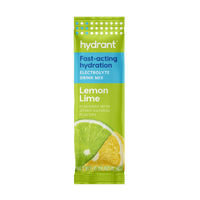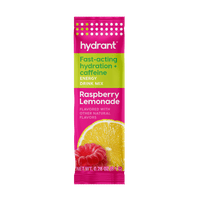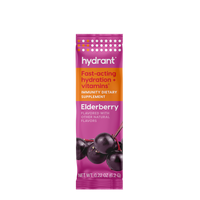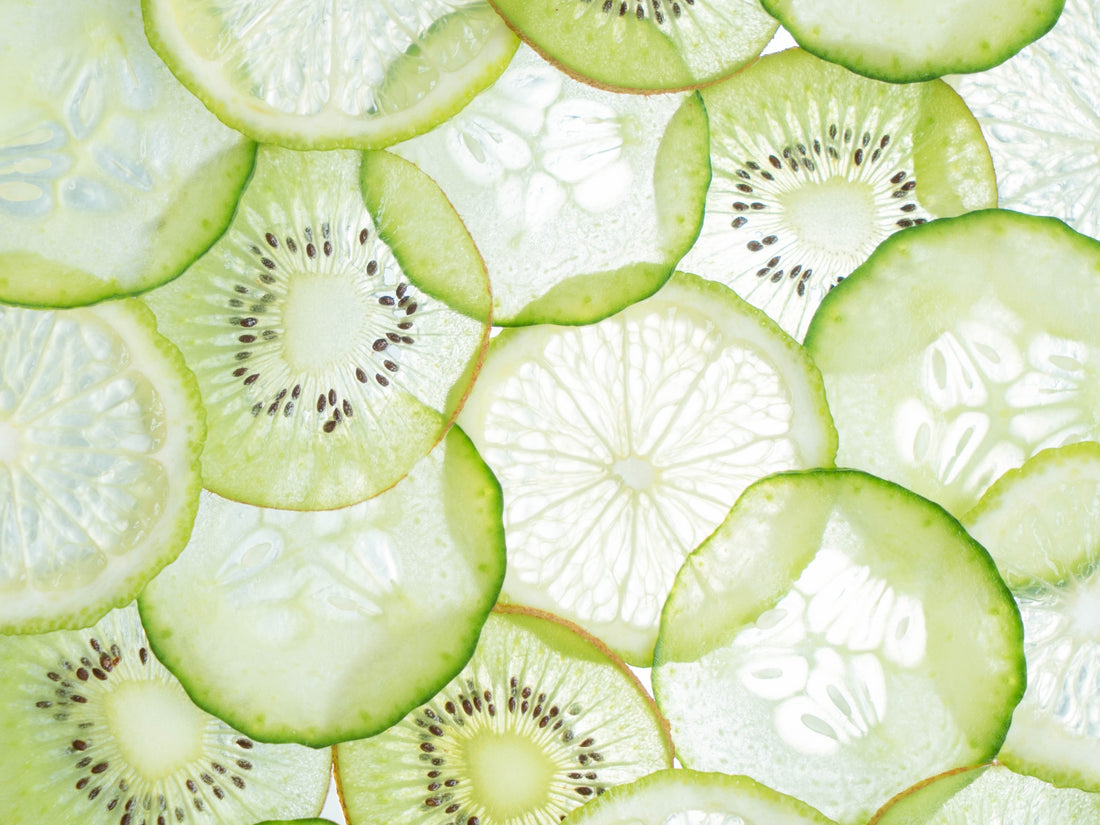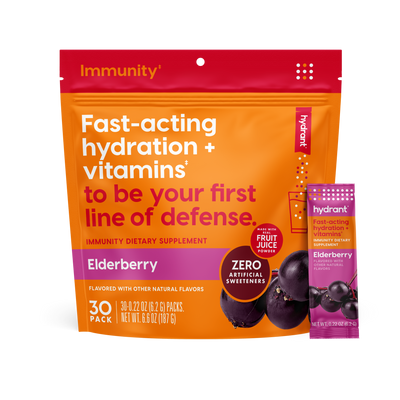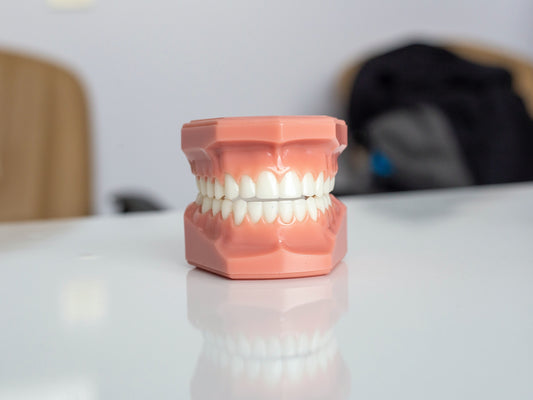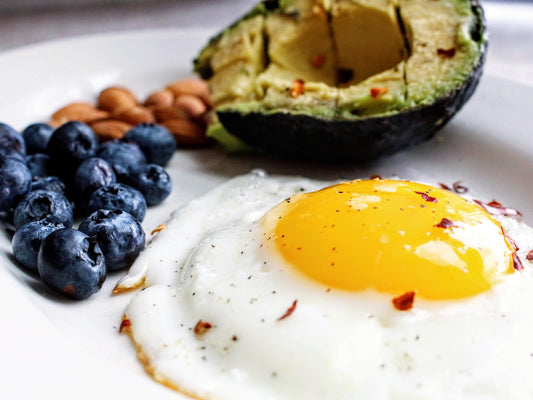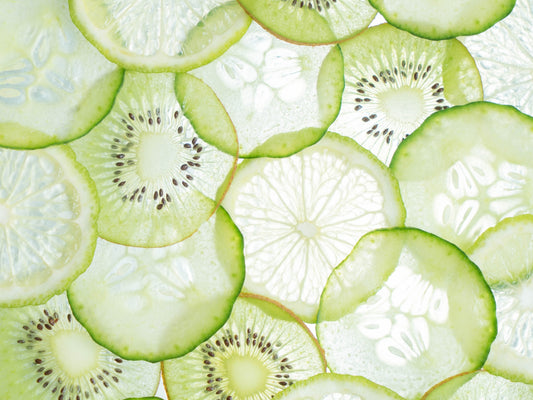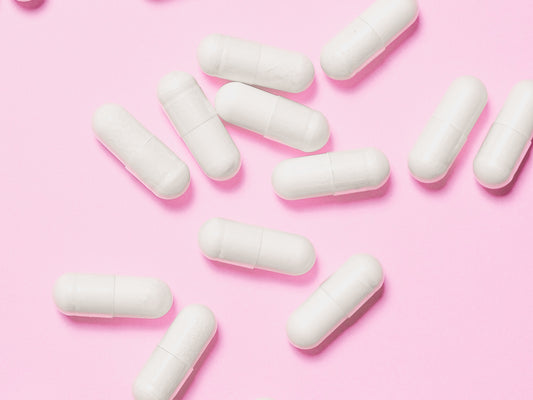You can judge the importance of your gut microbiome by the fact that a healthy gut directly affects the working of your digestive system, immune system, heart, and brain—almost covering your entire body functions [1]! In a nutshell, your gut is the center of your body, and you should give special attention to keeping it healthy and thriving.
Why not reset your gut and give it a healthy break for a while? This week, try the following tips to reset your gut and experience a difference in your overall health.
Importance of gut flora
Our gut microbiome is a community of different microbes like fungi and bacteria. It is concluded that about 300 to 1000 types of tiny living organisms contribute to the overall functioning of your gut [2]. In order to establish a balanced environment inside, you need to eat different kinds of foods and practice physical activities consistently. This also means eliminating certain fatty and sugary foods from your diet. It’s time to control your cravings for the greater good!
Here are 8 tips you can adopt today to improve the number of “healthy” bacteria in your gut.
8 tips to reset your gut

The decision to reset your gut will need a thoroughly planned eating and exercising regime from you. Make a checklist of the foods you’ll include in your cart the next time you go grocery shopping.
1. Keep your greens in check
Include a healthy quantity of vegetables and fruits in your diet. You can make a weekly planner and include at least one meal per day containing only fresh and raw vegetables. Vegetables such as spinach or kale are rich in vitamins and help regulate good bacteria in your gut. Include cucumber, tomatoes, cabbage, broccoli, and Pak choi [3].
A word of caution: If you have bloating, avoid cauliflower, brussels sprouts, cabbage, and other “cruciferous” vegetables [4].
2. Increase your fiber intake
Fiber is the ultimate source of happiness for your colon, and plants are rich in it. They regulate your bowel movement by bulking up stool and retaining adequate water [5]. A healthy colon saves you from constipation, diarrhea, cramps in the lower abdomen, and bloating [6]. Moreover, fiber acts as a prebiotic and helps good bacteria “grow” in your gut [7].
Apart from vegetables, you can include fiber in your diet by adding fruits, beans, legumes, nuts, seeds, and whole grains. Consume a big bowl of fiber-rich salad in your diet every day.
Gastroenterologists recommend that you start from a small amount of fiber and gradually increase the grams to avoid complications. It’s preferred to take 20-25 grams of fiber daily [8, 9].
3. Eat Wholegrains
Our gut loves grains. Research has proven how wholegrain foods like barley, oats, brown rice, quinoa, rye, granola bars, wholegrain cereals can improve the number of good bacteria in the gut microbiome, e.g., bifidobacterum, lactobacilli, Roseburia, and Eubacterium Rectale [10].

It’s not that hard to make a switch to whole grains. Swap white rice with brown rice in your meals. Go for brown wholegrain bread instead of white bread to make healthy sandwiches and switch the unhealthy white flour with whole wheat flour [11].
4. Cut down on processed sugar
Processed sugars in large amounts are your worst enemies. Give away all the junk food on your kitchen shelves and replace it with foods free of processed ingredients. It’s okay to enjoy a bar of chocolate occasionally but devouring processed sugar in large amounts disturbs the good bacteria in the gut, consequently increasing your craving for sugars [12].
5. Add fermented foods to your diet
Fermented foods contain live bacteria that can actively help your gut. Top fermented foods you can incorporate in your gut-reset regimen are plain yogurt, kefir, fermented cottage cheese, pickles in salt, and kimchi [13].
6. Take probiotics and prebiotics
Probiotics and prebiotics improve the abundance of good bacteria in gut flora. You can try out proven and high-quality booster capsules in your diet this week and observe the good changes in your body. Remember that it’s always best to consult a doctor and discuss underlying medical conditions before starting the supplementation.
7. Keep yourself hydrated
Drink properly! Water improves bowel movement and efficiently regulates your kidneys to flush out harmful toxins [14]. Gulp down your favorite fruit juices, herbal teas, or smoothies. You can make your gut-reset regime fun by mixing different fruits and vegetable juices and experimenting with new flavors.
8. Exercise regularly
It’s time to hit the gym! A healthy gut demands regular workouts and physical activities. You can play football or volleyball with your friends or even just hang out with your pet dog. Take 30-60 minutes out of your day to relax your mind by exercising.
Working out releases “endorphins”, a.k.a, happy hormones, which significantly reduce stress and improve gut health [15].
Try this 3-day gut reset!
You can try more practical methods to cleanse and reset the gut. One such method is a “3-day gut reset” that helps increase the number of good bacteria in the gut flora.
Here we’ve planned a simple, yet effective 3-day routine backed by research to give your stomach the much-needed recovery.
Things to avoid
You must reduce some of the foods in your diet, if not altogether avoid them, to jump-start the gut resetting process.
Remove the Standard American Diet (SAD) [16], consisting of highly processed sugars, fats, and carbs. SAD mainly includes junk food such as cold drinks, chocolates, chips, burgers, and pizzas. Instead, try to swap such foods with Mediterranean diet [17] and home-cooked meals.
Day 1
More anti-inflammatory foods
It's your first day, and you are full of enthusiasm, but we must start slow. Burdening the gut with a new diet plan can cause more damage than good. Start slowly by incorporating anti-inflammatory food [18] options into your diet.
Reduce:
- Products with added sugars such as sauces and sweet syrups. Replace them with natural honey if you can't resist, but it's better to avoid processed sugars altogether.
- Refined carbs such as pasta, doughnuts, pizza doughs, and the like.
- Processed meats like sausages, beef jerky, and canned meat.
- Snacking between your meals
- Fresh vegetables (raw or cooked), such as tomatoes, peppers, carrots, spinach, and potatoes
- Home-cooked fish and lean proteins
- Fruits such as apples, avocado, bananas, and strawberries
- Olive oils, nuts, and seeds
Make sure you eat three meals a day in the form of breakfast, lunch, and dinner.

Eat less
Overeating till your gut cries out for help is the worst you can do to your stomach. Always eat less and in balanced amounts. Studies show that eating less is beneficial for the gut microbiome [19].
Light Exercise
A 30 to 40 minutes workout session is excellent for proper digestion. Even a light walk can get your systems working efficiently. Move your body!
Get adequate sleep
Go to bed early because proper sleep hygiene affects the gut health [20]. Get at least 7 hours of deep sleep every day.
Day 2
For day 2, try intermittent fasting (IF). Our gut needs rest to heal and rejuvenate, and IF is the best way to do that [21]. It is also beneficial in giving your metabolism a significant boost.
Intermittent fast
The most common method is 16:8 hours intermittent fast. It involves an eating period of 8 hours (12 pm to 8 pm) while fasting for 16 hours a day.
- Skip breakfast
- Eat all the healthy and home-cooked meals in the eating period
- Drink plenty of fluids throughout the day
- Stay clear of processed sugar, carbs, and fats [22]
Intermittent fasting has immense health benefits and improves your overall health [23] because it repairs your body on a cellular level [24]. However, keep in mind that IF is not for everyone.
People who should avoid intermittent fasting:
- Children
- Diabetes type 1, advanced diabetes patients
- Pregnant women
- Underweight and older adults
If you are in the above category, skip intermittent fasting, and continue with the same diet plan as day 1.
Include high fiber food
Increase your fiber intake by adding foods like:
- Raw vegetables such as spinach, broccoli, cauliflower, and sprouts
- Fresh fruit and vegetable smoothies
- Beans and lentils
Relax your mind
The gut has a direct connection with your brain. Therefore, the stress in mind can adversely affect your gut and hinder the healing process [25]. Meditate, read a good book, journal, exercise, or hang out with friends, anything to reduce the cortisol level!
Day 3
You can continue with the intermittent fast today or get back to the regular “3 meals a day” routine, it's your call. Either way, include the following in your diet.
Broth-based meal in lunch
After having a protein-rich breakfast (or not if you are fasting), you can have a broth-based meal for lunch as it’s healthy for gut, liver, and kidney functions.
Choose a home-cooked vegetable or bone broth with natural herbs and spices. At this stage, you can also try to include probiotics in your meal (only after consulting a doctor).
High fiber and fermented food for dinner
For the last meal of your 3-day gut reset routine, you can include fiber-rich [26] and fermented foods such as:
- Yams and potatoes
- Beans, cereals, and legumes
- Raw fruit and vegetables
You can take probiotics with this serving as well.
Rest and Exercise
It goes without saying that rest and exercise are crucial for gut health. Try to sleep and get up at the same time every day. Avoid the use of alarms to wake up. Doing this will also reset your circadian rhythm, which is good for gut flora [27].
Final Words
Try experimenting with different gut-resetting methods and figure out a plan that works wonders for you. There’s no guarantee that you’ll feel drastic changes after following a “3-day gut reset” regime, but it surely helps your gut in the long run. Always consult a dietician or a nutritionist before introducing significant changes in your diet and supplementation.
References
